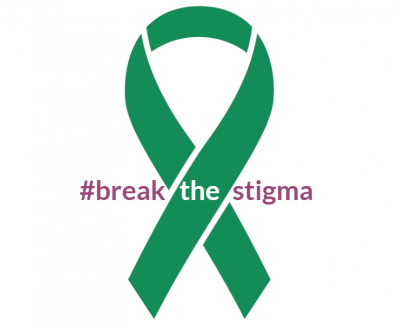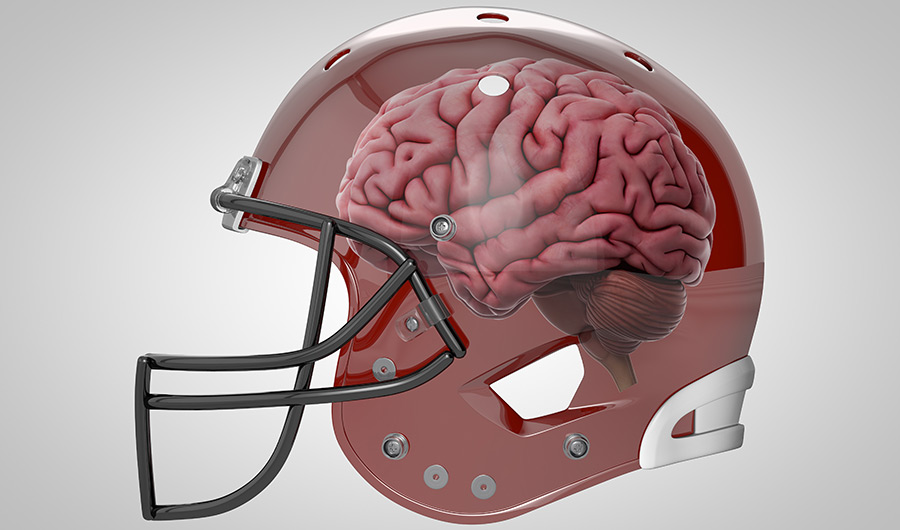
The Struggle is Real. So is the Stigma.

“Suck it up.” “Get a grip.” “Snap out of it.” Anyone who suffers from a mental illness has likely heard these words at some point in their struggle. But what’s offered as well-meaning advice often contributes to the self-doubt and feelings of shame that can come as a result of living with these conditions. If it were as easy as putting on a happy face, mental illness wouldn’t be the leading cause of disability in the United States. And though the discussion has become more open and the understanding of these conditions has grown, the reality is that literacy is still low and stigma and social exclusion remain. Tell someone you have cancer and they’ll bring you lasagna. Tell them you’re struggling with mental illness…don’t wait for dinner. May is Mental Health Awareness Month and a great time to get educated.
Historically mental illness was a source of shame. Families didn’t want to acknowledge it, much less address it. A loved one struggling was often hidden from the world and labeled by outsiders. Ignorance and misinformation continue to fuel the stigma attached to many of these disorders, leaving people who suffer reluctant to get help, often resulting in delay in treatment.
The National Alliance on Mental Illness defines mental illness as “a condition that affects a person’s thinking, feeling, behavior or mood.” Day-to-day living is often profoundly impacted by these conditions, as well as relationships. One in five adults in the U.S. experience mental illness each year. One in twenty-five adults experience serious mental illness each year, and one in six children between the ages of 6-17 will also experience a disorder each year.
Some of the more common mental health disorders are: anxiety, depression, bipolar disorder, obsessive compulsive disorder, and eating disorders. Mental illness is no one’s fault and isn’t the result of one event. Genetics, environment, and lifestyle all contribute to whether someone develops a mental health condition. Stress, traumatic events, and brain chemistry can all play roles. Common signs include: excessive worry or fear, feeling low, problems concentrating, extreme mood changes, difficulty with relationships, substance abuse, suicidal thoughts, and intense fear of weight gain. Some people have mild illness while others might suffer from an eating disorder that can lead lasting damage to bones, organs, or even death. Other conditions can lead to homelessness or suicide.
Living with a mental illness is hard and presents a range of challenges, such as side effects from medications. Add to that the feelings of frustration and inferiority that often go along with it. Many countries offer programs to help young people gain basic knowledge and skills for protecting their mental health and understanding mental health issues. Research shows early detection and intervention improves prognosis for severe mental illness. Promoting mental health awareness is important to building positive responses and seeking help. Opening your mind and your heart may help someone you know or love get the help they need.
Hope Trust serves clients throughout the United States.

